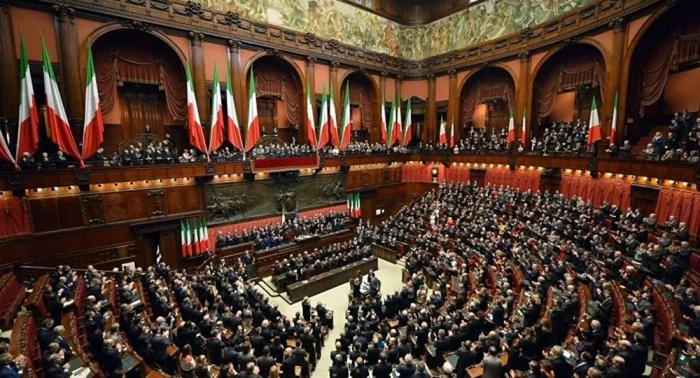The election of a new president of the republic may have major repercussions for the future of Prime Minister Mario Draghi's government, which is trying to contain a wave of COVID-19 infections.
Draghi has made clear he would like to become president, bringing to an end his 11-month old government and leaving the country with the choice of either installing a new premier or holding elections a year ahead of schedule.
However, there is no guarantee the 74-year-old former European Central Bank chief will get the job.
The first choice of Italy's centre-right parties is the 85-year-old four-times prime minister Silvio Berlusconi.
Other figures considered to be contenders are former lower house speaker Pier Ferdinando Casini, former Prime Minister Giuliano Amato and the current Justice Minister Marta Cartabia.
The president, elected for a seven-year term, normally has a largely ceremonial role, but enjoys extensive powers following elections or when a government falls. He has the final say in nominating the prime minister and other cabinet members.
The election, conducted by secret ballot among more than 1,000 parliamentarians and regional representatives, is an unpredictable process often taking several days.
More about: Italy
















































